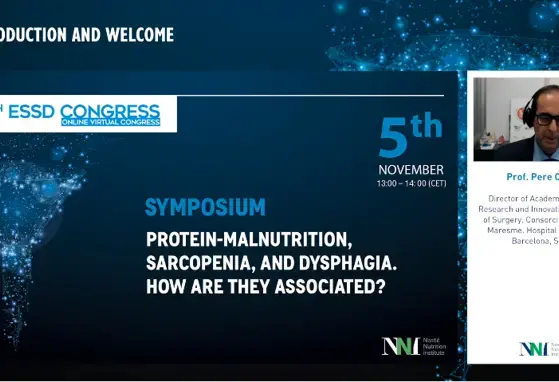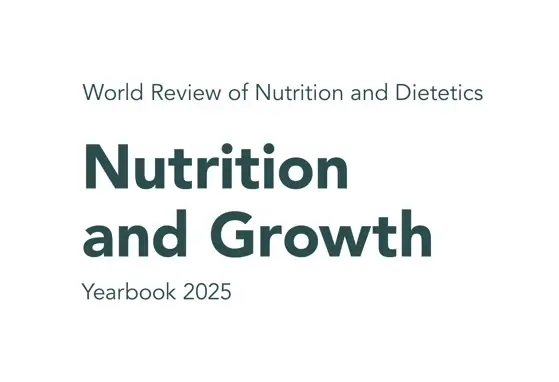Nutrition & Disease Management
This section brings you information on nutritional care and disease with focus on enteral and parenteral nutrition, and nutrition support for a wide range of conditions such as infectious disease, cardiovascular disease, gastrointestinal diseases, metabolic syndrome and diabetes. It also includes the impact of nutrition on aging and frailty, critical care support post-surgery and oncology care.

The Legal Framework of Cannabis-Based Products: Healthcare and Medicinal Products

Clinical Experience of Enteral Nutrition with Real Food in Children

Dietary Management of Pediatric Crohn’s Disease in Clinical Practice


11th Congress of the European Society For Swallowing Disorders (ESSD)

Breastfeeding Potentially Lowers Maternal Risk of Cardiovascular Events

Dysphagic Patients and their Association with Protein-Malnutrition and Sarcopenia

The Role of Proteins in Preventing Protein Malnutrition and Sarcopenia, in Dysphagic Patients


